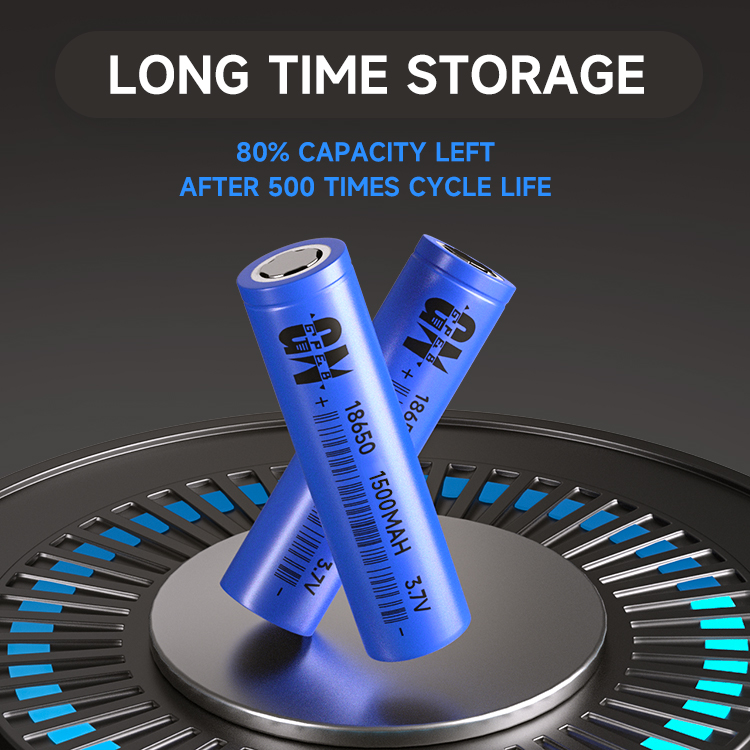
The Japanese government's technical development support for hydrogen and
fuel cells is state-led, with special scientific research funds invested in the
New Energy Industry Technology Development Organization (NEDO). Since 1981, NEDO
has increased its investment in phosphoric acid fuel cells, solid oxide fuel
cells and solid polymer fuel cells. In addition to fuel cells, NEDO also
develops technologies related to hydrogen energy utilization and built
approximately 100 hydrogen refueling stations in 2015, mainly in large cities.
In addition, NEDO also conducts research and development on hydrogen power
generation technology as well as new technologies related to the entire hydrogen
industry chain such as hydrogen production, hydrogen storage, and hydrogen
transportation. In 2014, the "Hydrogen Fuel Cell Strategic Development Roadmap"
of Japan's Ministry of Economy, Trade and Industry detailed the three major
stages of hydrogen energy research and development and promotion and the
strategic goals of each stage: First, from now to 2025, rapidly expand The scope
of use of hydrogen energy; secondly, from 2025 to 2030, fully enter hydrogen
power generation and establish a large-scale hydrogen energy supply system;
finally, starting from 2040, establish a zero carbon dioxide hydrogen supply
system. Toyota's first commercial fuel cell vehicle "MIRAI" was launched in
December 2014. The car's acceleration time from 100 kilometers to 100 kilometers
is about 10 seconds, and its maximum cruising range is more than 700 kilometers.
It only takes 3 minutes to replenish hydrogen fuel. It is expected to have an
annual output of 30,000 units in 2020. It plans to reduce the price of fuel cell
vehicles to about 100 kilometers by 2025. $20,000. In 2026, the Japanese
government plans to complete the sales target of 2 million hydrogen fuel cell
vehicles and the construction target of 1,000 hydrogen refueling stations. The
advantages of fuel cell vehicles are obvious. Fuel cell vehicles are vehicles in
which hydrogen and oxygen in the air produce electricity through an
electrochemical reaction to drive the motor. They have high energy efficiency,
low carbon dioxide emissions (or no emissions), and long driving distances
(currently more than 500 kilometers). , hydrogen has the advantages of low cost
(1/3 of the price of gasoline), short fuel refueling time (about 3 minutes), and
its performance is equivalent to that of gasoline vehicles. The main goal of
fuel cell vehicles is to first put commercial cars on the market in 2015. In
2016, fuel cell buses were put on the market. At the same time, fuel cells have
been expanded to other transportation vehicles such as forklifts and ships.
Secondly, the price of fuel cell vehicles will drop to the same level as current
gasoline vehicles and hybrid vehicles by 2025. Finally, the price of hydrogen
will be lower than that of gasoline vehicles when fuel cell vehicles are put
into the market. Fuel prices, around 2020, will be lower than hybrid vehicle
fuel prices. Fuel cell vehicles also have a distributed power supply function.
The electricity generated by fuel cell vehicles can be provided for external
use, and the power supply capacity is more than five times higher than that of
electric vehicles. It can provide power to evacuation sites in special
situations such as disasters, and can also play a peak-shaving role during peak
power consumption. Validation tests are currently underway in various places. In
terms of hydrogen manufacturing, transportation and storage, Japan began to
build commercial hydrogen stations in 2013 and built 100 hydrogen stations in
2015 centered on the four major urban areas. The distance allowed by users to a
gas station is approximately ten minutes by car. Therefore, 100 hydrogen
stations in the four major urban areas is the minimum configuration for
popularizing fuel cell vehicles. Fuel cell vehicles can significantly reduce
carbon emissions. Currently, the energy consumption of transportation vehicles
accounts for 20% of Japan's energy use, almost all of which relies on petroleum.
The production of hydrogen used in fuel cell vehicles currently basically uses
fossil fuels such as naphtha and natural gas. In the future, energy sources such
as lignite and crude oil from abroad will be used along with natural gas, as
well as renewable energy sources at home and abroad. The transportation industry
will move from oil dependence to energy diversification to improve energy
security. When the number of fuel cell vehicles reaches 6 million units (10% of
ordinary household cars in Japan), the cars will reduce carbon dioxide emissions
by 9%. Even taking into account the carbon dioxide produced by using
petrochemical raw materials to produce hydrogen, it will reduce carbon dioxide
emissions by 3.9 million to 7.6 million tons per year.
Read recommendations:
18650 2600mAh 3.7V
What are the models of cylindrical lithium batteries?
Principle and application method of polymer lithium battery
Ni-MH batteries sales
AAA Ni-MH battery












































 360° FACTORY VR TOUR
360° FACTORY VR TOUR
 Whatsapp
Whatsapp
 Tel
Tel Email
Email TOP
TOP